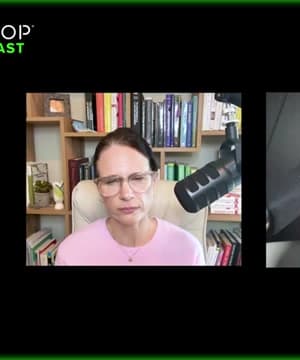Finding balance in emotional reactions?
Sources:
Balancing emotional reactions involves recognizing and understanding your emotions, managing stress, and achieving emotional stability in relationships. Here are some insights from various experts:
-
Understanding Emotional Reactions: Aubrey Marcus and Mark Manson discuss the inherent urge to balance after experiencing pain or pleasure. They believe emotional intelligence involves becoming aware of these internal processes and understanding triggers that drive emotional responses 1.
-
Managing Stress: According to Joe Dispenza, stress often arises from unpredictable events that disrupt our sense of control. Learning to recognize and mitigate these triggers can help regain balance. Dispenza emphasizes that people often feel they lack control over their emotional responses but understanding the roots of these feelings is crucial 2.
-
Embracing Emotional Complexity: Manuela Reeds highlights the importance of not seeking quick fixes for emotional management. Instead, one should sit with and understand their emotions, recognizing them as vital alarm systems for survival. Training yourself to process emotions can lead to better emotional regulation and personal growth 3 4.
-
Emotional Balance in Relationships: Julie Menanno explains that emotional balance in relationships involves both partners achieving emotional regulation rather than depending on contrasting emotional needs. Secure attachments are formed when both individuals are emotionally engaged and balanced 5.
-
Responsibility in Relationships: Ilene Cohen suggests that conflicts in relationships are a shared responsibility, not a blame game. Understanding emotional triggers through interactions can lead to better self-awareness and improved relationship quality 6.
-
Emotional Puppy Crating: Sarah Knight uses the metaphor of emotional "puppy crating" to describe handling emotions. She advises letting emotions run their course and then compartmentalizing them to focus on logical solutions, thus preventing emotional overwhelm from leading to unproductive reactions 7.
By integrating these approaches, you can foster a more balanced and constructive way of handling emotional reactions, both personally and in relationships.
RELATED QUESTIONS-
